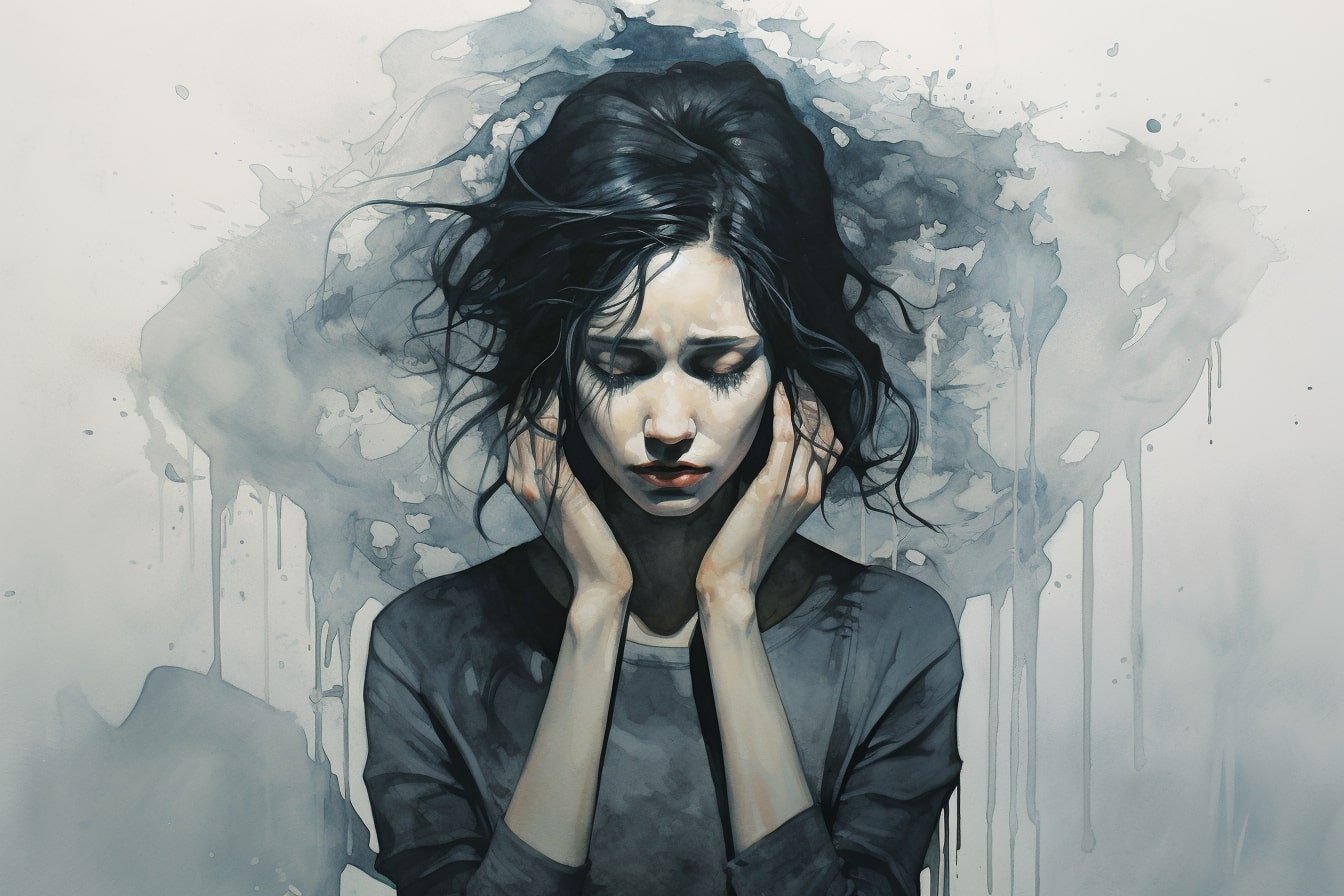
What does depression mean?
Depression is a common and serious medical illness that negatively affects how you feel, the way you think and how you act. Depression can also be described as persistent feeling of sadness, rejection and loss of interest in things, activities and people you once enjoyed.
Today I'll sharing the symptoms, types, causes and treatments of depression.
Symptoms of depression
This means the things you see and notice in an individual to confirm they are going through depression;
I)Persistent depressed mood simply put unhappy mood
II) Loss of interest or pleasure in hobbies and activities
III) Changes in appetite and body weight IV)decreased energy or fatigue
V) Feeling overwhelmed
VI) Excessive feelings of guilt or worthlessness
VII) Thoughts of death or suicide, or suicide attempts
TYPES OF DEPRESSION
a)Major depression: A person living with major depression experiences a constant state of sadness. They may lose interest in activities they used to enjoy.
b)Postpartum depression: After giving birth, some people experienceTrusted Source a brief period of sadness or heightened emotions that some people call the “baby blues.” This usually goes away in a few days to a few weeks.
c)Persistent depressive disorder: Also known as dysthymia, persistent depressive disorder causes symptoms that last for at least 2 yearsTrusted Source.
d)Major depressive disorder with seasonal pattern: Previously known as seasonal affective disorder (SAD), this type of depression usuallyTrusted Source occurs during the winter and fall months, when there is less daylight. Less commonly, it may follow other seasonal patterns.
Causes of depression
Genetic features -Environmental factors such as exposure to trauma or lack of social support
Anxiety: psychological and social factors -additional conditions, such as bipolar disorder
How is depression treated? Depression is one of the most treatable mental health conditions. Approximately 80% to 90% of people with depression who seek treatment eventually respond well to treatment.
1) Psychotherapy: (talk therapy) involves talking with a mental health professional. Your therapist helps you identify and change unhealthy emotions, thoughts and behaviours.
2) Medication: Prescription medicine called antidepressants can help change the brain chemistry that causes depression.
3) Getting regular exercise.
4) Getting quality sleep (not too little or too much).
5)Spending time with people you care about.
Organisation: Fadaka Olufunke Foundation
Written by Sanni Remilekun Maryam
Comments
Post a Comment